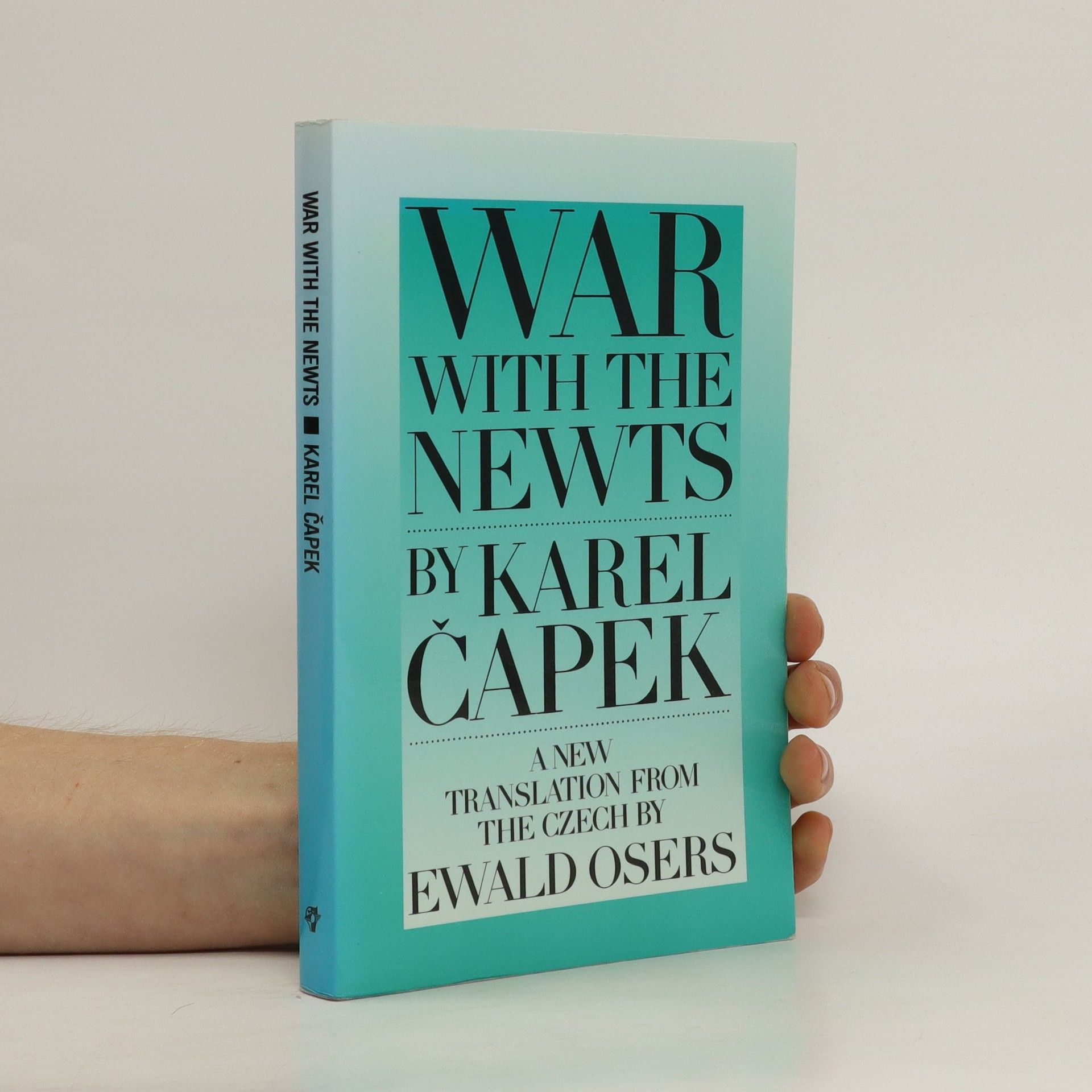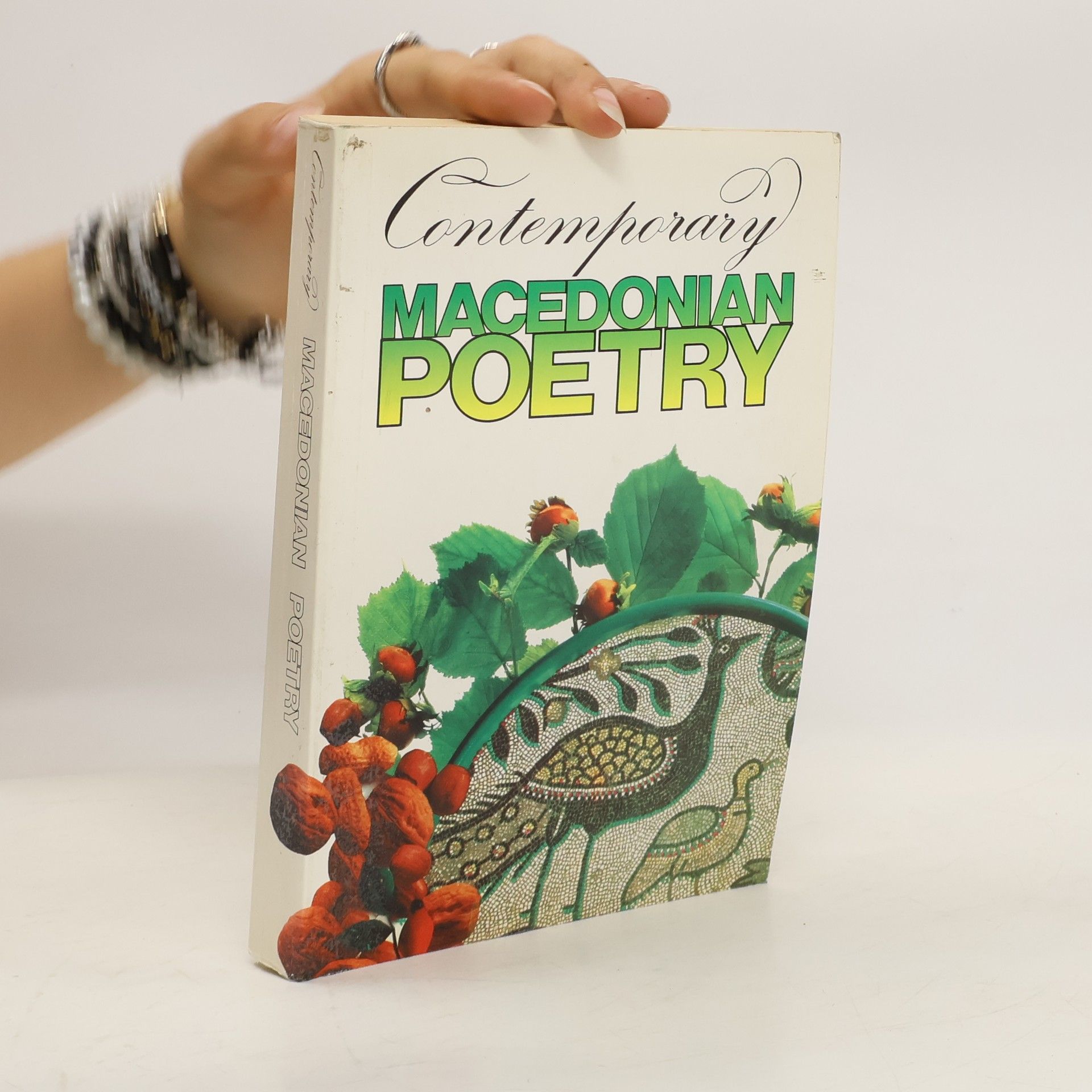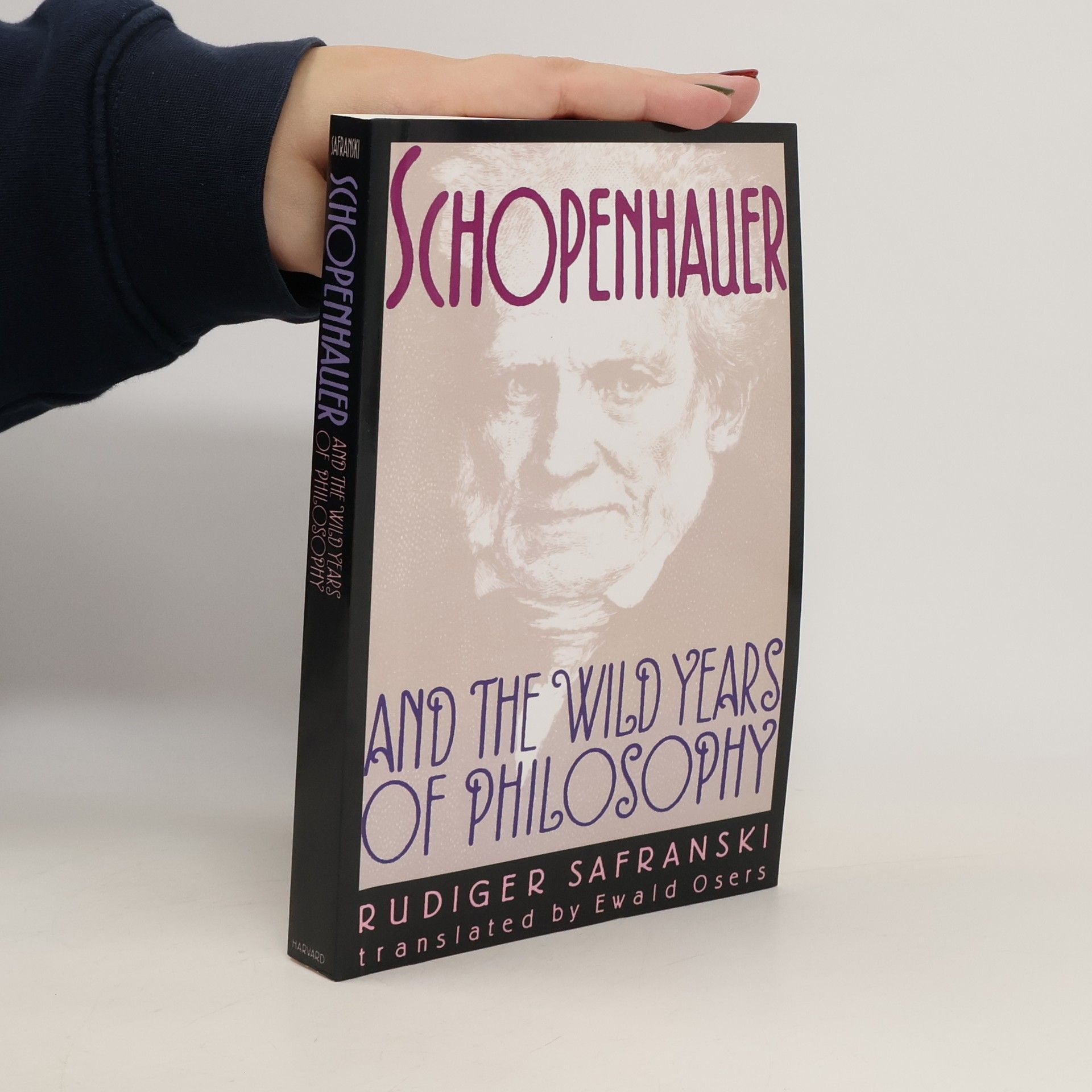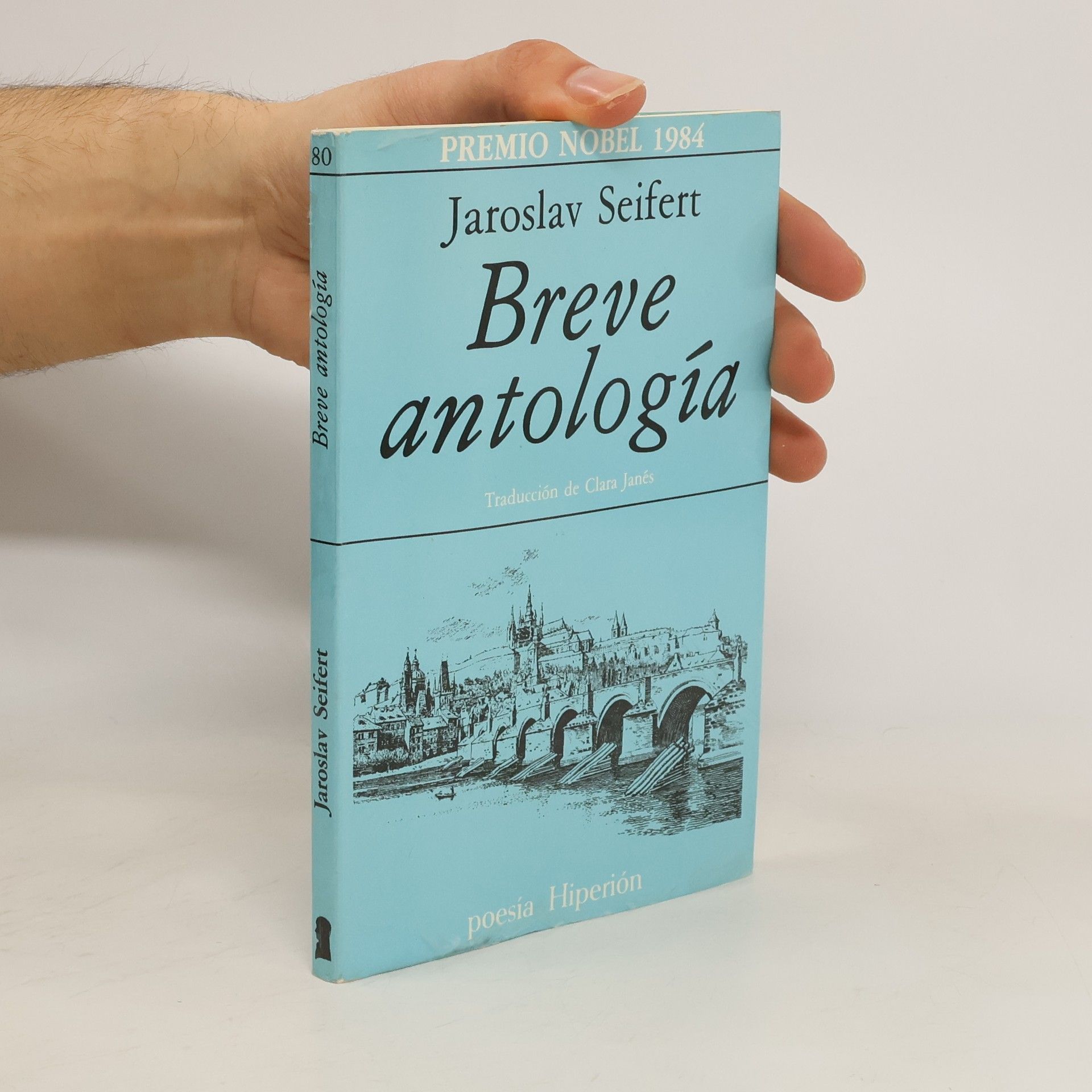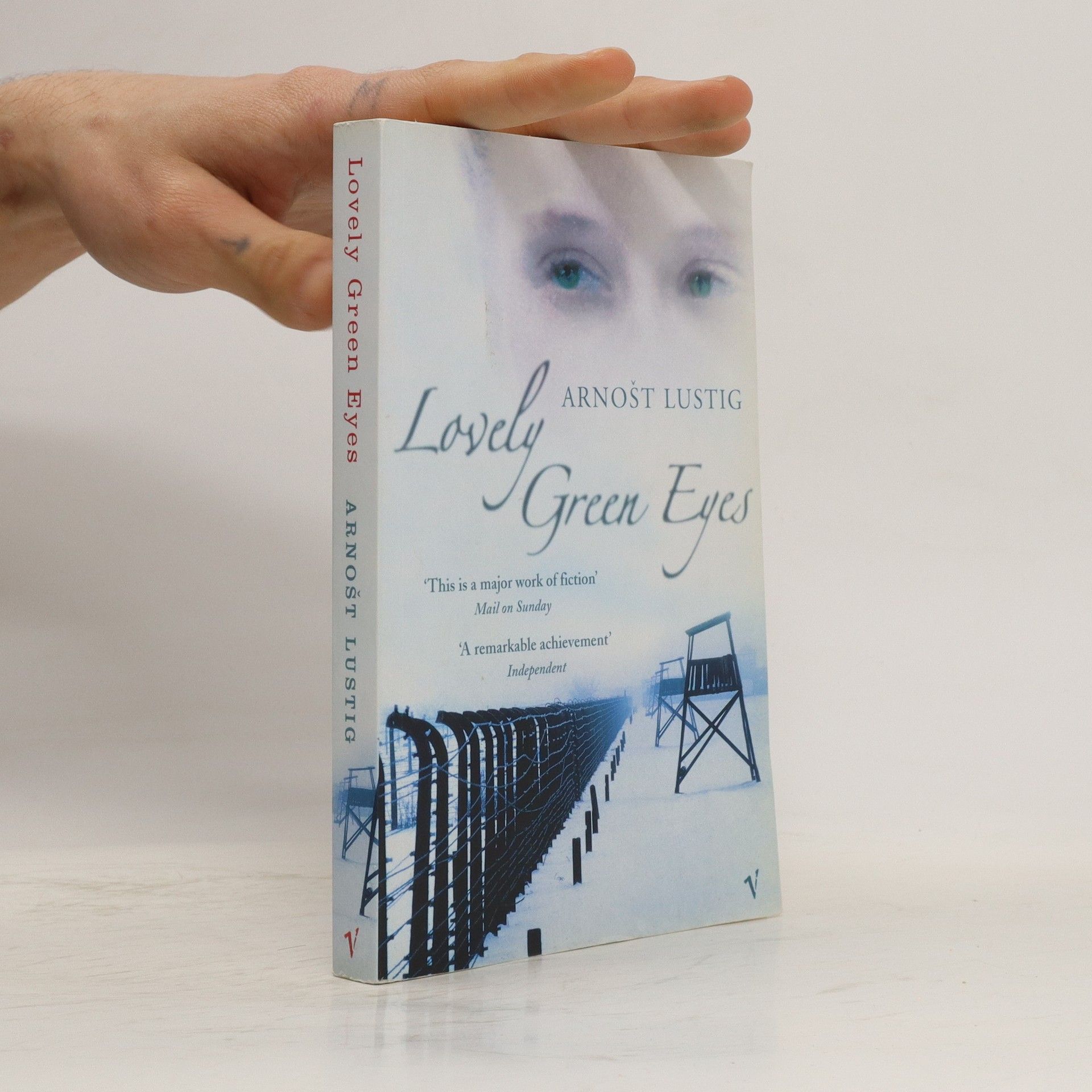Kolya
- 120 páginas
- 5 horas de lectura
Kolya, here beautifully translated by Ewald Osers, is the novelization of the Czech film of the same name, which won both the 1997 Oscar and Golden Globe awards for Best Foreign Language Film. Set in Prague in 1988—just before the Velvet Revolution—it tells the story of Louka, a virtuoso performer with the Czech Philharmonic, who has been banned from playing by the state. Now he finds himself playing at cemeteries for a living. Adding to his problems, an illegal arranged marriage has left the hardened bachelor with a little Russian boy to care for. From these elements, Zdenek Sverak—who also played Louka in the film—has woven an enduring tale of the transforming powers of music, language, and love.



